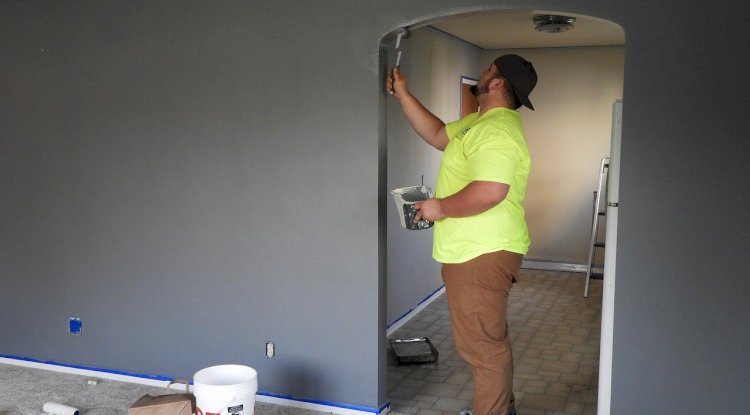Raising rents is a common practice followed by homeowners to keep up with the ever-increasing standard of living and to maintain and repair the required property over and over again, but not overnight or anytime. Certain rules that landlords must follow when increasing rent.
Once a year:
The landlord can only increase the rent if the lease is extended. Therefore, you should ensure that your lease agreement can only be negotiated after the fixed term of the lease agreement expires.
If you are talking about renting, please read before signing the dotted line. Find the clause in the lease that says the rent will increase, the time interval for the increase, when will you be notified, and the legal notice about walking.
Justification:
There must be a justification for rent increases.For example, rent changes in the entire market, rent increases after more than two years, expensive living standards, or maintenance and repairs due to the current needs of apartments. The landlord must tell you the reason for the price increase. Leave room for negotiation.
Timely notification:
You must notify the tenants of the rent increase in a timely manner. In this way, tenants can decide whether they are willing to pay a higher rent or move. It is recommended that the landlord announce a maximum increase of 10% 30 days in advance. If the increase exceeds 10%, the landlord must cancel 60 days in advance. The tenant must also be notified in writing.
Maintain changes in market standards:
Ensure that the landlord does not charge more than the market price. The increase is negotiable. Landlords should be aware that an unreasonable increase may discourage tenants. rent.





















